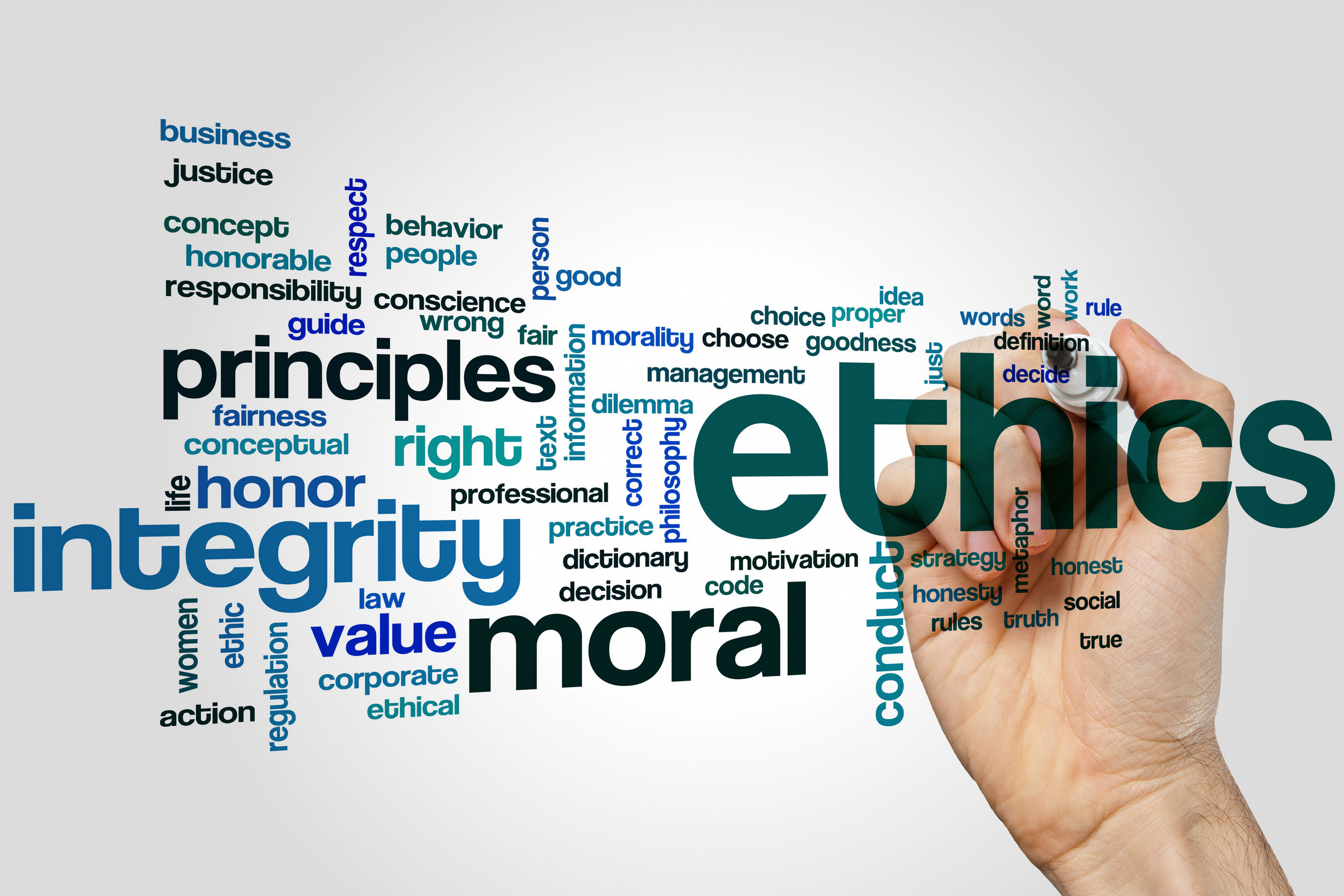Navigating the Ethical Considerations of Deploying Claude 3

Executive Summary

Claude 3 is a large language model that has captured the attention of businesses and organizations seeking to leverage AI for various applications. However, the deployment of such a powerful tool raises ethical considerations that require careful navigation. This article explores the key ethical dimensions associated with Claude 3, providing a comprehensive guide for responsible deployment and usage.

Ethical Considerations
Data Privacy and Security
- Data collection and storage: Claude 3 requires vast amounts of data for training and operation, which raises concerns about data privacy and security. Ensuring transparency and obtaining informed consent from data subjects is paramount.
- Data bias and discrimination: The data used to train Claude 3 may contain biases and discriminatory patterns, potentially leading to unfair or harmful outcomes. Mitigating these biases through data quality assessment and algorithmic fairness techniques is essential.
- Data ownership and control: Determining the ownership and control of data generated by Claude 3 is crucial. Establishing clear policies regarding data access, retention, and deletion is necessary to safeguard data rights and prevent misuse.
Transparency and Accountability
- Explanation and interpretability: To build trust and ensure ethical usage, it is important to provide explanations and interpretability regarding the decision-making process of Claude 3. This involves disclosing model characteristics, algorithms, and underlying data sources.
- Auditing and monitoring: Regular auditing and monitoring of Claude 3’s performance and impact are crucial to detect any potential biases, errors, or unintended consequences. Establishing clear performance metrics and implementing feedback mechanisms is essential.
- User education and responsibility: Educating users about the capabilities and limitations of Claude 3 empowers them to use it responsibly. Providing guidelines, training programs, and documentation is necessary to foster ethical understanding and prevent harmful applications.
Societal Impact
- Job displacement and economic inequality: The automation potential of Claude 3 may lead to job displacement and economic inequality. Evaluating the long-term impact and developing strategies for mitigating potential negative consequences is necessary.
- Disinformation and fake news: Claude 3’s ability to generate text and create synthetic content poses risks of spreading misinformation and manipulating public opinion. Implementing safeguards to prevent the dissemination of false information is essential.
- Social and cultural bias: Claude 3 reflects the cultural and societal biases embedded in the data it was trained on. Identifying and addressing these biases is necessary to promote inclusivity and fairness in its applications.
Legal Implications
- Liability and responsibility: Determining liability and responsibility in cases of harm or misuse of Claude 3 is crucial. Establishing clear guidelines for accountability and defining the legal framework for AI usage is essential.
- Intellectual property rights: The deployment of Claude 3 may涉及Intellectual property rights regarding the underlying data, models, and generated content. Clarifying the ownership and licensing aspects is necessary to prevent intellectual property disputes.
- Regulatory compliance: Complying with existing and emerging regulatory frameworks governing AI is crucial. Staying abreast of regulatory developments and adhering to ethical standards ensures the responsible deployment of Claude 3.
Conclusion
The deployment of Claude 3 carries significant ethical implications that require careful consideration and proactiveness. By addressing data privacy, ensuring transparency and accountability, mitigating societal impacts, navigating legal implications, and fostering responsible usage, organizations can harness the benefits of AI while safeguarding ethical principles. Open dialogue, collaboration, and continuous reflection are essential for establishing best practices and responsible AI governance.
Keyword Tags
- Claude 3
- Large language model
- Ethical considerations
- AI deployment
- Data privacy
- Accountability
- Societal impact
- Legal implications
